Introduction
The Co-operation Programme for Culture describes the political goals and priorities for 2025–2030 which shall contribute to greater cultural resilience in the Nordic Region.
The co-operation programme is the governing document for all activity undertaken by the Council of Ministers for Culture. The programme was approved by the Council of Ministers for Culture on 26 August 2024 and applies until 31 December 2030.
The co-operation programme shall contribute towards realising the Nordic Council of Ministers’ vision for a Nordic Region which is the most sustainable and integrated region in the world by 2030. The entire Nordic Council of Ministers works to achieve this vision by way of the three strategic priorities.
Art and cultural freedom, a free and independent media and the arm’s length principle together lay the foundation for free speech, knowledge sharing, democratic participation and dialogue. It is particularly important that these principles be protected at times when society is facing considerable challenges. Public trust and societal resilience can be strengthened through the continuation of Nordic cultural co-operation. Such co-operation supports democratic and open societies and brings the people of the Nordic Region together. The Nordic language community creates a sense of belonging and common Nordic identity. The preservation of cultural heritage boosts knowledge about history and fosters a sense of community in the present.
Nordic cohesion and integration must be built through solid Nordic cultural and media policy co-operation. Ever since the signing of the Helsinki Treaty in 1962, cultural co-operation has been a core focus area for the Nordic Council of Ministers. The Helsinki Treaty stipulates that Nordic co-operation must support and reinforce cultural development and promote exchange within the fields of literature, art, music, theatre, film and other cultural areas, and that it must ensure opportunities for co-operation within radio and television.
The Nordic Council of Ministers and the Nordic Council, 1996, the Helsinki Treaty, Article 13.
The Council’s cultural institutions and cultural support programmes provide a supporting structure for Nordic culture policy co-operation and have an important role to play in relation to Our Vision 2030. The institutions’ activities and the support programmes’ grants reach far and wide across Nordic, Nordic-Baltic and international cultural spheres.
Beyond preserving and developing cultural heritage, good cultural experiences also help to build community, boost quality of life and create wellbeing, and so they are of value to everyone who lives in the Nordic Region, especially children and young people. Culture should be made relevant and meaningful to all by placing greater focus on diversity, inclusion and participation.
The language and culture, as well as the cultural and linguistic rights of indigenous people and national minorities, must occupy their rightful place within Nordic cultural co-operation. The Sámi peoples and other national minorities naturally operate across national borders in the Nordic Region. This cross-border co-operation is of considerable value to the Nordic community.
Cultural policy development must be relevant and based on knowledge, and it must build upon research-based investigations and statistics.
The Council of Ministers’ policy on the integration of sustainable development, gender equality and a children-and-young-people’s rights perspective is an important starting framework for the development of Nordic culture and media policy initiatives.

All activities in the Nordic Council of Ministers will contribute to fulfilling our vision that the Nordic Region will be the world's most sustainable and integrated region in 2030. The co-operation programme describes how the sector will work with the three strategic priority areas.